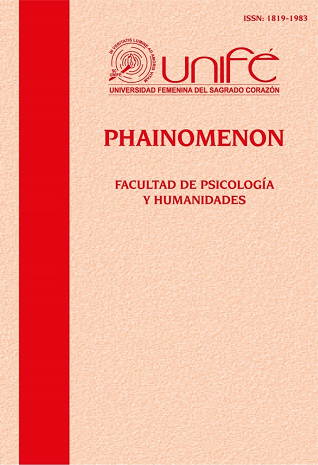The Scientific Method of Galileo and its Cultural Implications
DOI:
https://doi.org/10.33539/phai.v18i1.1377Keywords:
Scientific method, Galileo, scientific revolution, experimentation, mathematics, Greek faith and Christian faithAbstract
This article presents the contributions of Galileo to modern science, especially that of definitively establishing the method of natural science, where not only observation is part of this knowledge but also experimentation, not using the essence of the things, but simply to study some properties, the use of mathematics, etc. It also indicates that cultural factors that favored the scientific process of this time contributed as the Greek and Christian faith in the rational order of the world, the rediscovery of Platonism and the Greek text mathematicians and finally the Christian faith in the creation of the world
Downloads
Download data is not yet available.
Downloads
Published
2019-06-30
How to Cite
Musso, P. (2019). The Scientific Method of Galileo and its Cultural Implications. Phainomenon, 18(1), 106–117. https://doi.org/10.33539/phai.v18i1.1377
Issue
Section
Artículos






